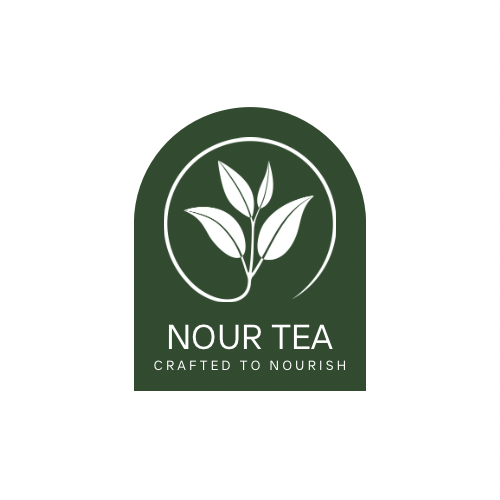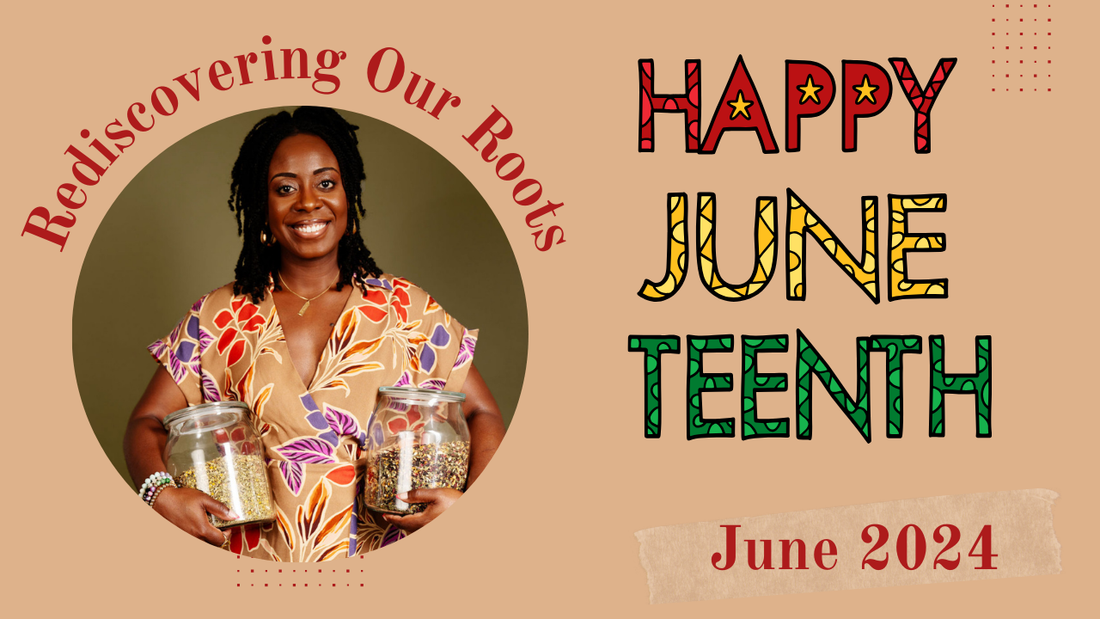“People didn't have high blood pressure when we wuz comin' up. They would give you all kinds of herbs and thangs to drink and when you eat stuff it didn't hurt cuz you take herbs on a regular basis. They'd mix it up and keep it in a jar in the house”. - Working the Roots, 2014
In today’s world of modern medicine and synthetic drugs, it’s easy to forget that, for centuries, herbal and natural remedies were the main forms of healing for ages before the advent of modern medicine and synthetic drugs.
Enslaved Africans brought the seeds of their homelands braided into their hair and the knowledge of medicinal plants in their stories and songs (Penniman, 2020).

Plants brought more than healing to enslaved Africans; they brought light, flavor, connection, remembrance, and joy into the otherwise dire and cruel living conditions experienced under slavery and subsequent economic and social oppression (The Herbal Academy, 2020).
Black Americans’ literacy threatened a major justification of slavery. Enslaved children and adults had to take extreme measures to gain literacy, including attending underground schools. The ability to read and write gave enslaved people power.
By the mid 18th century, many southern states made it a capital offense for enslaved people to teach or learn about herbal medicine and prohibited them from working in apothecaries (The Herbal Academy, 2020).
One can assume that there is a parallel between the lack of research on the effectiveness of herbalism in today's modern society and the obstacles enslaved Africans had to overcome to teach and learn herbal medicine. There are many stories aka qualitative data from our ancestors which have been passed along to support the effectiveness of herbal medicine, but it’s not supported by many peer reviewed journal publications.
Over the decades, the practice of herbal medicine has been lost, it is still revered in many cultures throughout the world particularly the Caribbean culture. Ginger, Elderberry, and Soursop are staples in Caribbean homes. Many families of African descendants are disconnected from their roots. There is a lack of information accessible to folks to learn more about the historical context of herbs and transparently this practice takes patience and time, which seems to escape us in this day and age.
As a person who has studied the US Healthcare system in graduate school and currently work for one of the largest healthcare systems in the nation, I do believe that herbal remedies are still beneficial in maintaining one's overall health and well-being. As an herbal educator and healthcare professional, I do believe that western medicine and alternative medicine can complement each other depending on the situation and the person.
As studies shows, despite advance medical technology and interventions and newly developed medications on the market, Americans in particular still remain sick.
- The U.S. has the lowest life expectancy at birth, the highest death rates for avoidable or treatable conditions, the highest maternal and infant mortality, and among the highest suicide rates (The Common Wealth Fund, 2023).
How come? From my experience working in the public health field, our food system is making us sicker at alarming rates, our environment isn't healthy which has implications on our well-being, and these newly developed medications have detrimental side effects.
Americans now more than ever are finding alternative ways to heal themselves and are forced to explore other methods to achieve optimal health. As I mentioned before, Herbal medicine isn't the magical formula, but it can make a significant difference for someone who incorporates this practice into their daily lifestyle. Living a holistic lifestyle is a journey, sometimes we go astray, but that is all apart of the process. A lifestyle is a long term commitment, we learn along the way and make corrections as needed.
As a Tea Curator and Herbal Educator, I am proud to continue the rich traditions and practices of herbal medicine. By rediscovering these practices, we can reconnect with our history and honor the knowledge and wisdom of our ancestors.
Happy Juneteenth!!!

